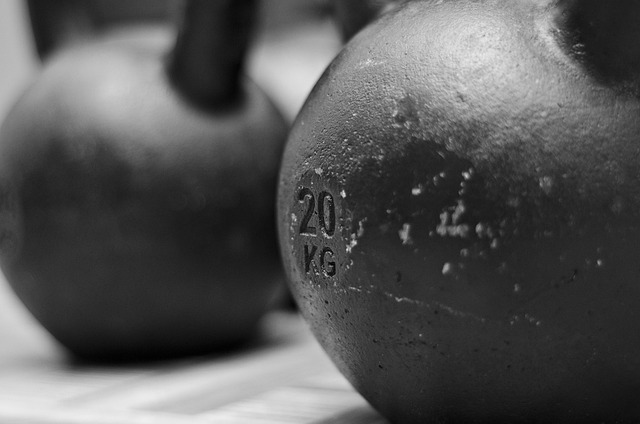In a world where health and fitness are celebrated, accessibility should never be a barrier to staying active. For individuals who use a wheelchair, the journey toward fitness may seem daunting, but with the right tools and mindset, it can be an empowering experience. Wheelchair training is not just about physical activity; it embodies a lifestyle that promotes health, well-being, and mobility.
Fitness for wheelchair users goes beyond merely strengthening muscles; it encompasses holistic health. Regular training helps improve cardiovascular endurance, flexibility, and muscle tone, thereby enhancing overall wellness. It also plays a pivotal role in mental health, fostering a sense of achievement and well-being. When we think about fitness, it’s easy to visualize running on a track or lifting weights, but wheelchair training introduces a dynamic and effective alternative to traditional workouts.
Incorporating various activities like wheelchair basketball, racing, or adaptive yoga can make workouts not just effective but enjoyable. These activities can be tailored to different skill levels, ensuring everyone can find a way to participate and thrive. Not only does engaging in sports foster physical health, but it also builds community, creating connections among peers who share similar experiences and goals.
Training in a wheelchair doesn’t mean compromising on intensity or variety. Specialized equipment designed for wheelchair athletes can significantly enhance the training experience. Lightweight racing chairs, for instance, allow for high-speed workouts, while everyday chairs can be adapted for strength training or exercise routines. Resistance bands, free weights, and even seated exercises offer versatile options to maintain fitness without needing a conventional gym environment.
Creating a tailored training plan is essential for maximizing the benefits of wheelchair workouts. Consider setting personal goals—whether that’s building endurance, enhancing mobility, or even training for competitions. Keeping track of your progress can be incredibly motivating, allowing for adjustments and continued improvement.
Moreover, participating in wheelchair sports can inspire others. Demonstrating how fitness can be adapted to suit all abilities encourages a more inclusive perspective on health and activity. This representation is crucial in reshaping societal views around disability and fitness, showcasing resilience, determination, and passion.
When it comes down to it, health is not defined by the form one takes; it’s about the lifestyle choices made day by day. Living an active life while using a wheelchair emphasizes the importance of movement, choice, and balance in our daily routines. Regular physical activity enhances vigor and contributes to better mental health, helping to combat feelings of isolation that may arise due to mobility challenges.
Ultimately, embarking on a fitness journey using a wheelchair can transform challenges into triumphs. By unlocking the potential within each of us, we embrace the notion that health and activity are attainable for everyone, regardless of the circumstances. Through adaptive training, individuals can conquer personal goals, engage in community, and inspire change, turning the spotlight on the incredible resilience of the human spirit.




